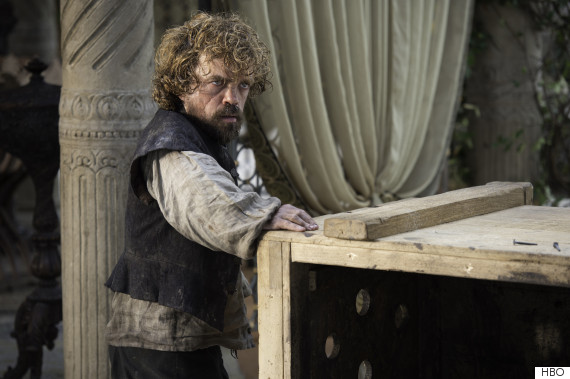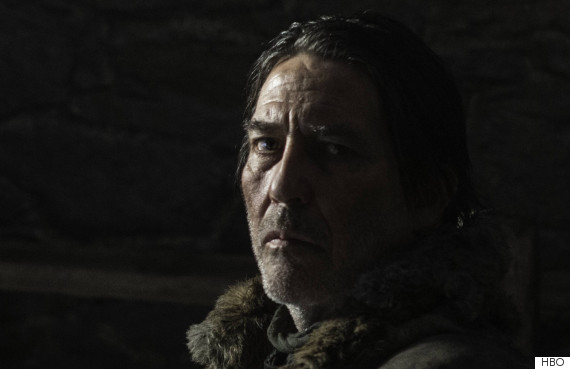Wanted: Economic Equality for the Gender Diverse Community
Every minority group aspires to social equality, and the gender diverse (a.k.a. transgender) community is no different. Gender diverse persons want the same rights and opportunities as every other citizen: Not special rights or special treatment, but equality in every area of life. No more, no less.
No one deserves to be marginalized or denied their rights simply because of who they are, who they love or how they express their gender. Social equality, including both legal equality and lived equality, is a worthy goal for every person. Everyone warrants the opportunity to build a good life and to work hard to pursue their dreams. Nevertheless, what many fail to recognize is that, particularly for minority groups like the gender diverse, there can be no social equality without economic equality. For a large percentage of the gender diverse community, employment is a struggle — and without a way to earn a living, economic equality will remain little more than a far-off, seemingly unattainable goal.
That is a tragedy for society on a number of levels. Generally speaking, gender diverse workers tend to be skilled, talented people who make excellent employees when provided the opportunity to work. Employers who discriminate against the gender diverse are depriving their organizations of strong contributors and are surrendering a competitive advantage in the global war for talent. Meanwhile, gender diverse workers are being forced to experience the trauma of rejection, economic insecurity and a lack of employment opportunity — not because of an inability to contribute, but because of their gender status.
Recent studies, including “A Broken Bargain for Transgender Workers” and “Injustice at Every Turn: A Report of the National Transgender Discrimination Survey,” tell us that gender diverse persons report unemployment at twice the rate of the population as a whole. For gender diverse persons of color, the rate is four times the national average. More than one in four gender diverse employees have lost a job due to workplace discrimination, and more than three fourths have experienced some type of discrimination or harassment on the job. Treatment like this is certainly not conducive to long-term employment. In fact, many trans workers have reported changing jobs to avoid discrimination or the risk of discrimination at work.
When someone cannot achieve economic equality through gainful employment, the consequences are predictable. If you have no job, you have no income. If you have no income then you can’t afford food, a home, a car, a phone, health care, or other things that most of us would consider necessities to maintain a decent standard of living. When you don’t have the necessities of life, it’s not much of a stretch to imagine that you might become desperate — and desperate people often do desperate things.
According to the National Center for Transgender Equality, extreme levels of poverty due to unemployment lead one gender diverse person in eight to become engaged in underground economies like sex and drug work. People do what they must in order to survive. As we might imagine, mental and physical health often suffer when one has no way to make a living. Homelessness is a common experience for such persons. Due to economic inequality, gender diverse persons deal with depression, alcoholism and drug abuse at a startlingly high rate in comparison to the rest of society.
Also, and saddest of all, the “Injustice at Every Turn: A Report of the National Transgender Discrimination Survey” indicates that 41 percent of gender diverse persons have attempted suicide. This is nearly nine times the national average for the general population.
So, this is what happens to gender diverse people who cannot achieve economic equality because they suffer discrimination in the workplace. Their hope of social equality is essentially extinguished. The dream of a better life through employment and a living wage dies. The dignity afforded by meaningful work fades away. As the cold, hard reality of poverty closes in, the desperation factor increases exponentially until few, if any, options appear to remain. Is it any wonder that homelessness, hunger, a diminished sense of self-worth, chronic depression, addictive behaviors and suicide are at such high levels among this population?
We can do better than this — and we must. Gender diverse people are human beings of innate worth and intrinsic value. They deserve the same rights as every other citizen under the law. That includes the right to employment based on merit and the ability to do the job. While some statutes and state/federal laws have been put in place to protect workers against discrimination on the basis of gender identity, high unemployment and economic inequality remain extensive throughout the gender diverse community. There can be social equality until that untenable situation changes.
As with most complex social problems, there is no quick fix or easy answer. Remedies usually tend to be as multifaceted as the problems themselves. Solutions are often incremental rather than immediate. However, there are some efforts we can pursue to address these difficult circumstances — and as a society, we owe it to ourselves to get this done. It harms everyone when a segment of the population is placed into a dire economic situation that is not of their own making. Conversely, and as the cliché reminds us, the rising tide of employment and economic opportunity can lift all boats. Here, in no particular order, are a few suggestions for improvement.
• Educate, educate, educate. When people become more aware of the gender diverse phenomenon, they begin to realize that trans persons pose no threat to anyone. It’s more difficult to discriminate once the fear of “difference” dissipates and we realize that we’re all just people here.
• Put organizational non-discrimination policies in place that prohibit discrimination on the basis of gender identity and gender expression.
• Support and mentor gender diverse workers. Help equip them with the skills necessary to gain employment, build careers, and achieve economic equality.
• Actively recruit talent from within the gender diverse community. That talent is out there waiting to be discovered.
• Recognize the staggering scope of the economic equality crisis for the gender diverse community. Resolve to keep it in mind and encourage your organization to help by seeking out, recruiting, hiring, training, and retaining gender diverse talent.
Social equality is attainable for the gender diverse community, but only if the economic inequality problem is addressed and solved. When that happens, trans persons will be able to assume a legitimate role as significant contributors to their employers and as assets to the larger society.
— This feed and its contents are the property of The Huffington Post, and use is subject to our terms. It may be used for personal consumption, but may not be distributed on a website.
www.huffingtonpost.com/vanessa-sheridan/wanted-economic-equality-for-the-gender-diverse-community_b_7044852.html?utm_hp_ref=gay-voices&ir=Gay+Voices








